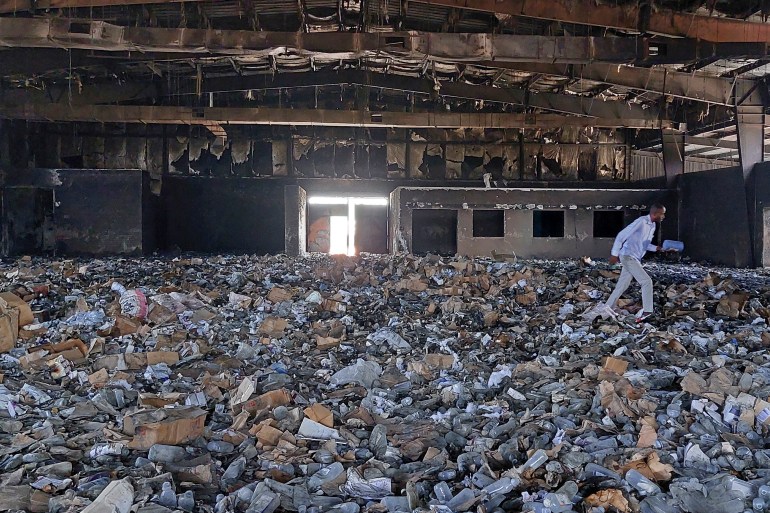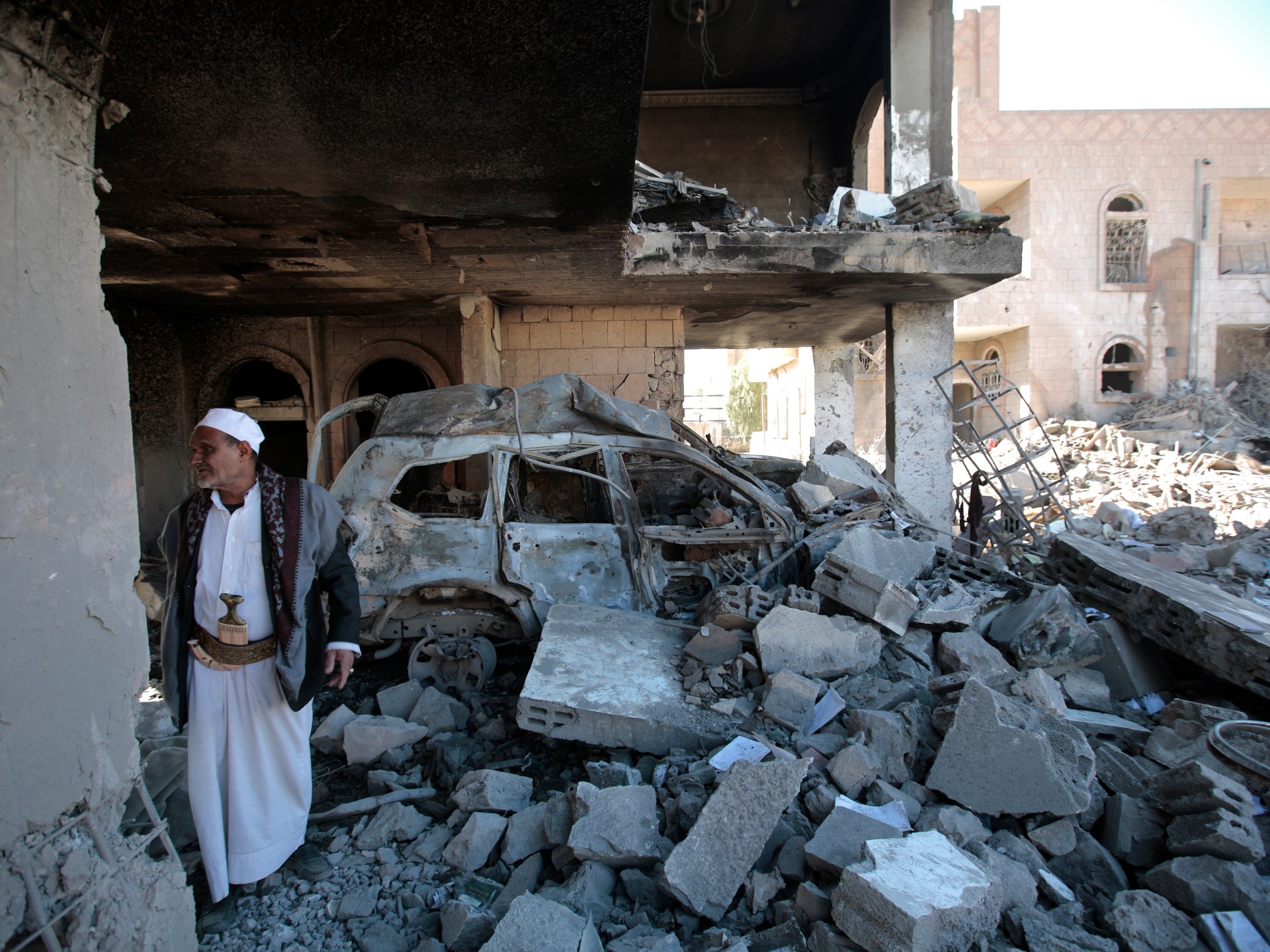Sudan’s war after two months: What you need to know
The vicious war between the Sudanese army and the paramilitary Rapid Support Forces (RSF) has hit the two-month mark, with hostilities showing no signs of winding down despite a dire humanitarian situation that has left more than half the country in desperate need of aid.
Sudan was plunged into chaos in mid-April when a deepening power struggle between army chief Abdel Fattah al-Burhan and RSF commander Mohamed Hamdan “Hemedti” Dagalo exploded into an all-out conflict.
Since then, the country has sunk deeper into crisis.
Entire neighbourhoods in the capital, Khartoum, have been destroyed and abandoned after more than a million residents fled. In the western region of Darfur, the fighting has taken on its own ethnic dimension, pitting Arab against non-Arab communities in a terrifying echo of the violence that made it synonymous with conflict for 20 years.
The war has forced some 2.2 million people from their homes, including 528,000 who have sought refuge in neighbouring countries, according to the United Nations, which estimates that 25 million people need humanitarian assistance.
Figures by the Armed Conflict Location and Event Data Project put the death toll at more than 2,000 people, but the real number is feared to be much higher.
Here is what you need to know about the ongoing fighting:
How it began
On April 15, residents of Khartoum woke up to chaotic scenes as armoured vehicles from both forces careered through the streets, with heavy artillery fire ringing throughout the city and fighter jets roaring in the skies above.
Soon, the death toll began to rise and multiple hospitals were quickly put out of service as the battles intensified.
Fighting also spread across the country, including in Merowe, a northern city on the way to the Wadi Halfa border crossing with Egypt that has big gold mines and a military airport, as well as an important reservoir on the Nile River.
But it was conflict-weary Darfur, where Arab and non-Arab communities have long fought over scarce water and land resources, that has seen some of the worst violence, including the indiscriminate killing of civilians, the ransacking of hospitals and the burning of entire neighbourhoods.
The war has dashed the heady hopes for democracy that emerged after a popular uprising led to the removal of longtime President Omar al-Bashir in 2019. Two years later, the two generals whose forces are now fighting each other orchestrated a coup that ended a fragile power-sharing agreement between the military and civilian leaders that was supposed to lead the country to elections. But rifts swiftly began to appear amid disagreements over a restructuring plan that would see the RSF integrated into the regular army.
The conflict has concerned many international players, including Russia, the United States and regional powers, all of whom are vying for influence in Sudan.
Members of the international community early on heaped pressure on the warring sides to call a ceasefire. Saudi Arabia and the US brokered “pre-negotiation” talks in the Saudi coastal city of Jeddah between the army and the RSF, urging the belligerents to agree to a lasting ceasefire.
Both sides attended, speaking liberally about how committed they were “to ensuring the protection of civilians”, but one ceasefire after another was breached, with the two accusing each other of violations. On May 31, the army suspended its participation in the talks.
Humanitarian crisis, evacuations
Sudan is grappling with acute shortages of essential items such as food, clean water, medicines and fuel.
Prices have skyrocketed as a result of the scarcity, exacerbating the plight of the population.

Port Sudan, a city by the Red Sea in eastern Sudan, became a hub for foreigners and Sudanese people looking to be evacuated as well as a refuge for those displaced by the fighting.
While the evacuation effort grabbed the world’s attention, little attention was paid to the Sudanese left behind, including those whose passports were destroyed or left locked up by embassies they had applied to for travel visas.
Others travelled to Egypt, Ethiopia and Chad, forking out huge sums for bus tickets or walking for days and enduring treacherous journeys.
Those attempting to enter Egypt had to suffer through days-long waits at the Halfa border crossing as approvals were slow to come through.
To make matters worse, the Egyptian government on Sunday announced it was making it mandatory for all Sudanese to obtain visas before crossing the border.
Fighting ongoing
As both the army and the RSF see the conflict as an existential struggle to the bitter end, there are no signs that the fighting will end any time soon.
After the latest – and only relatively solid – 24-hour ceasefire ended on Sunday, observers expected the army would double down on trying to take parts of Khartoum held by the RSF.
Fighting in the capital reignited intensely on Sunday after the brief 24-hour respite.
Meanwhile, ethnic killings in the troubled West Darfur region have had a menacing effect on civilians.
And on Wednesday, West Darfur’s Governor Khamis Abakar was killed hours after he accused the RSF and allied fighters of “genocide”.
The army accused the RSF of “kidnapping and assassinating” the governor, but the group blamed the killing on “outlaws amid the continuing tribal conflict in the state”.




